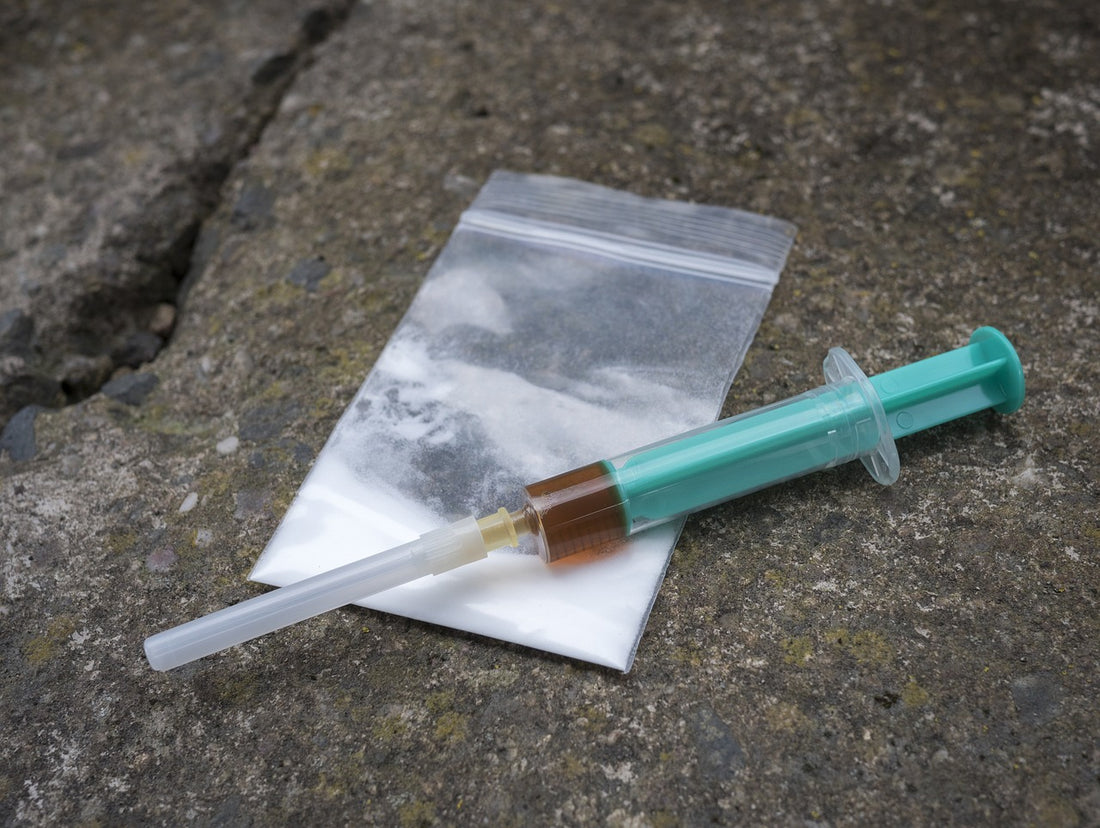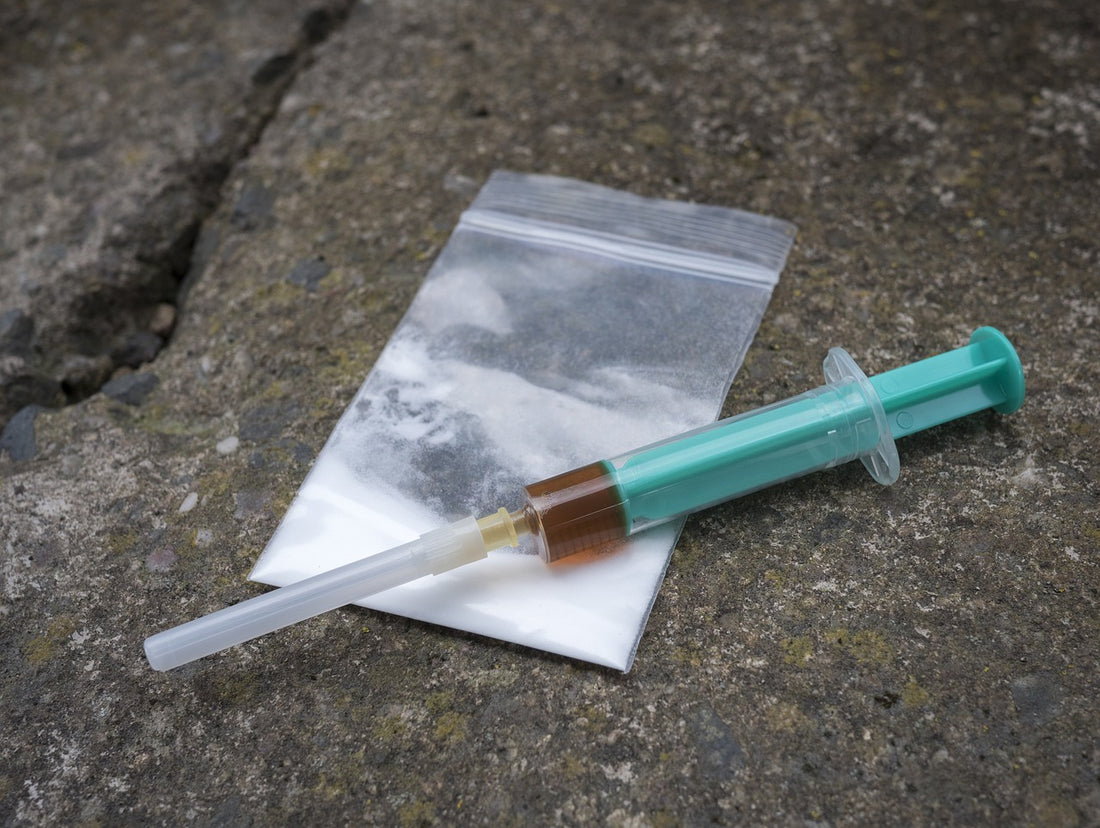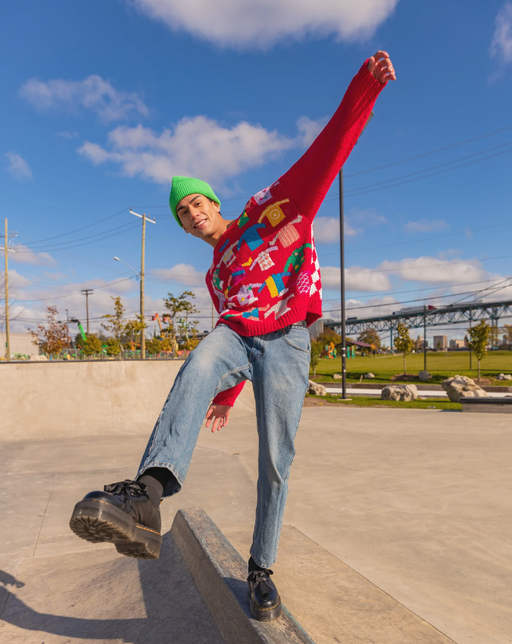
Heroin Use in Teens: Breaking Misconceptions, Recognizing Risks
Daniel PattersonBenzodiazepines, commonly called "benzos," include prescription medications like Valium, Ativan, and Klonopin. These drugs are typically prescribed to treat anxiety, panic disorders, or insomnia, but they also carry a high risk of misuse due to their calming and sedative effects. While we've covered Xanax specifically, benzodiazepines as a class are increasingly misused by teens, sometimes in combination with other substances, which can lead to serious health risks, dependency, and even overdose.
Here’s what parents need to know about benzodiazepine use, its signs, and how to support teens at risk.
1. What Are Benzodiazepines, and Why Are They Dangerous?
Benzodiazepines work by enhancing the effects of a neurotransmitter called GABA, which helps to calm nerve activity in the brain. When used as prescribed, they can be effective for treating anxiety and insomnia. However, benzos also have a high potential for dependency because they create a sense of relaxation and euphoria that some teens find appealing.
When misused or mixed with other depressants, such as alcohol or opioids, benzodiazepines can slow breathing to dangerous levels. According to the National Institute on Drug Abuse (NIDA), benzodiazepine misuse is linked to a significant rise in overdose deaths, especially when taken with other drugs.
2. Why Do Teens Use Benzodiazepines?
Teens may misuse benzodiazepines for various reasons, including to relieve stress, manage social anxiety, or escape from challenging emotions. For others, benzos are part of experimentation or influenced by peer pressure. Some teens may take benzos with other substances to amplify the effects, which significantly increases the risk of overdose.
Psychology Today explains that teens may perceive prescription drugs as “safer” than illicit drugs, not realizing that misuse of medications like benzodiazepines can lead to life-threatening consequences, especially in high doses or when combined with other substances.
3. Signs Your Teen May Be Misusing Benzodiazepines
Recognizing signs of benzodiazepine misuse in teens can be challenging, as symptoms may overlap with other behaviors. However, some warning signs specific to benzodiazepines include:
- Frequent drowsiness or lethargy: Teens misusing benzos may appear unusually tired or sluggish.
- Memory issues or confusion: Benzos can impair short-term memory and cognitive function.
- Unsteady coordination or slurred speech: These physical signs are common with depressants like benzodiazepines.
- Missing prescriptions: If you have a benzodiazepine prescription, notice if pills are missing or the count seems off.
- Mood swings: Teens using benzos may experience irritability, paranoia, or sudden shifts in mood, especially as the effects wear off.
The American Academy of Pediatrics (AAP) advises parents to look for sudden behavioral changes or physical symptoms that are out of character and to approach their teen gently if they suspect misuse.
4. How to Talk to Your Teen About Benzodiazepines
Conversations about prescription drug misuse can be challenging, but an open, judgment-free dialogue can make a difference. When discussing benzodiazepines, approach the topic calmly and make sure to emphasize safety and well-being.
What You Can Do:
- Explain the risks: Make sure your teen understands that while benzodiazepines are legal with a prescription, misuse can have serious consequences, especially when combined with other substances.
- Discuss the power of dependency: Emphasize that benzos can quickly lead to dependency, which makes it harder to stop using them without professional help. Use relatable language, such as, “Even though benzos are prescribed, they can be as risky as illegal drugs if misused.”
- Offer support and understanding: Encourage your teen to talk openly about any pressures or reasons they may feel inclined to use these drugs. Remind them that you’re available to listen and help without judgment.
The Child Mind Institute suggests that parents create a safe space for these discussions, as teens are more likely to share their experiences and concerns if they feel understood rather than judged.
5. Steps for Addressing Benzodiazepine Misuse
If you suspect your teen is misusing benzodiazepines, early intervention is essential. Here are some steps to consider:
- Consult a healthcare professional: Start with a primary care physician or a mental health professional who specializes in substance use. They can assess the situation and recommend appropriate treatment or counseling.
- Explore treatment options: Treatment for benzodiazepine misuse may include therapy, support groups, or medically supervised tapering, especially if your teen has developed a dependency.
- Implement safe medication practices at home: If there are benzodiazepines in the home, keep them securely stored and monitor the number of pills. The Substance Abuse and Mental Health Services Administration (SAMHSA) advises locking up prescriptions to prevent easy access and reduce the likelihood of misuse.
Conclusion
Benzodiazepine misuse is a growing concern among teens, often mistaken as a safer alternative to illicit drugs. By understanding the risks, recognizing the warning signs, and maintaining open communication, parents can help prevent benzodiazepine misuse and support teens in making safer choices. Remember, even legal drugs carry significant risks when misused, and early intervention can make all the difference.
References:
- National Institute on Drug Abuse. (2022). "Understanding the Dangers of Benzodiazepine Misuse."
- Psychology Today. (2021). "Teen Prescription Drug Misuse: The Rise of Benzos."
- American Academy of Pediatrics. (2020). "Recognizing Prescription Drug Misuse in Teens."











